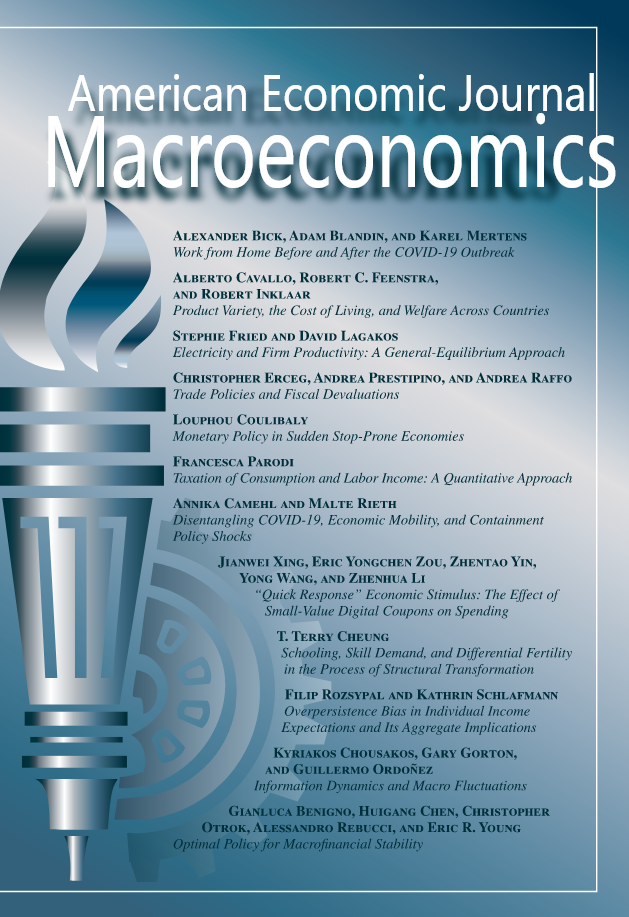来源原则下的资本税动态竞争
IF 5.7
1区 经济学
Q1 ECONOMICS
引用次数: 4
摘要
我们探讨了司法管辖区之间税收竞争的短期和长期影响,在这些司法管辖区,政府只能从源头对资本征税。我们在承诺和资本流动的新古典增长模型的背景下进行研究。我们为该模型中出现的动态资本税外部性提供了一个新的理论视角。在数值上,我们表明净资本税外部性在短期内为正,但在长期内收敛为零。我们还发现,基于非合作来源的资本税最初是正的,然后慢慢地向零下降。(jel d62, h25, h71, h73, h87)本文章由计算机程序翻译,如有差异,请以英文原文为准。
Dynamic Capital Tax Competition under the Source Principle
We explore the short- and long-run implications of tax competition between jurisdictions, where governments can only tax capital at source. We do this in the context of a neoclassical growth model under commitment and capital mobility. We provide a new theoretical perspective on the dynamic capital tax externalities that emerge in this model. Numerically, we show that the net capital tax externality is positive in the short run but converges to zero in the long run. We also find that noncooperative source-based capital taxes are initially positive and slowly decline toward zero. (JEL D62, H25, H71, H73, H87)
求助全文
通过发布文献求助,成功后即可免费获取论文全文。
去求助
来源期刊

American Economic Journal-Macroeconomics
ECONOMICS-
CiteScore
8.20
自引率
1.70%
发文量
58
期刊介绍:
American Economic Journal: Macroeconomics focuses on studies of aggregate fluctuations and growth, and the role of policy in that context. Such studies often borrow from and interact with research in other fields, such as monetary theory, industrial organization, finance, labor economics, political economy, public finance, international economics, and development economics. To the extent that they make a contribution to macroeconomics, papers in these fields are also welcome.
 求助内容:
求助内容: 应助结果提醒方式:
应助结果提醒方式:


